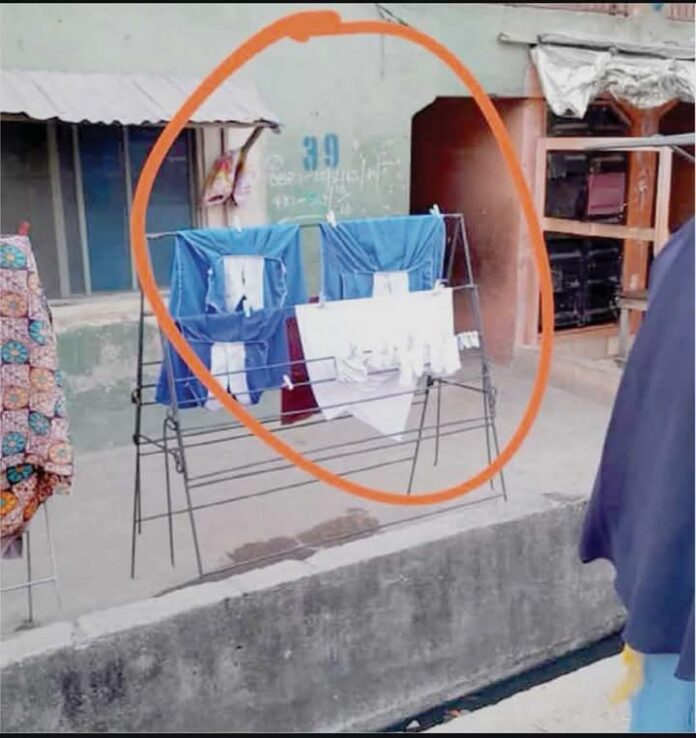By: Daure David
In a shocking development, the Bureau of Public Procurement (BPP) has issued a Certificate of No Objection for the re-award of the Abuja-Kano Expressway construction project to Infoquest Nigeria Limited, a company that, according to the Corporate Affairs Commission (CAC), is listed as dormant and non-active. The award, which amounts to N252.89 billion, has raised serious concerns among stakeholders, particularly given the company’s questionable status and lack of digital presence.
A Suspicious Award
Infoquest Nigeria Limited emerged as the preferred bidder for the multi-billion-naira project, beating out six other high-profile competitors, including some of the most renowned construction firms in the country. These companies included industry giants such as Julius Berger, Hitech Construction, CBC Nigeria, CCECC Nigeria, and CGC Nigeria. Given the scale and importance of the Abuja-Kano Expressway, one would expect the contract to be awarded to a firm with a proven track record and significant capacity.
However, Infoquest’s unexpected rise as the preferred bidder has raised alarms. A closer look at the company’s credentials reveals some troubling inconsistencies. Despite being awarded such a high-profile project, Infoquest Nigeria Limited appears to have limited or no operational activity. The company is registered as dormant with the Corporate Affairs Commission, and its only listed address is a residential apartment located at No 39 Falohun Street, Orile, Lagos. Furthermore, the company lacks a digital presence, with no official website or any social media activity to provide transparency or insights into its operations.
Concerns Over Due Diligence and Transparency
The news of Infoquest’s selection has prompted widespread criticism from both the public and industry professionals. Concerns have been raised about the lack of due diligence in the procurement process. Critics argue that awarding such a large contract to a company with no visible presence or established credentials undermines the credibility of the procurement process and raises questions about transparency and governance.
“The fact that Infoquest, a dormant company with no digital presence, is now in charge of a project of this magnitude is deeply concerning,” said a construction industry expert, who requested anonymity. “How could such a company be chosen over others with proven experience and capacity? The BPP and other relevant agencies need to explain how this decision was made.”
A Pattern of Poor Accountability?
This latest development follows a troubling pattern of questionable contract awards in recent years. There has been growing public concern over the quality and integrity of government contract awards, with allegations of cronyism, lack of transparency, and neglect of due process.
Many Nigerians are wondering whether this is another case of a politically connected company being given a lucrative contract without the necessary experience or qualifications to deliver on its promises. Others have raised fears about the potential for cost overruns, project delays, and subpar work, which have plagued other large infrastructure projects in the past.
Possible Consequences
While the BPP has issued its Certificate of No Objection, the decision to award the contract is far from final. Experts believe that further scrutiny is needed to ensure that the project will be completed on time, within budget, and to the highest standards of quality.
“It is essential that the public remains vigilant and demands accountability at every step of this project,” said a senior public policy analyst. “If Infoquest is not capable of handling this project, the consequences for the country’s infrastructure development could be dire.”
As the controversy continues to unfold, many are questioning the integrity of the procurement process and the true motives behind this decision. The matter is likely to remain a hot topic in the coming months as Nigerians await clarification from the authorities involved.
For now, however, those concerned with the integrity of the project and the future of Nigeria’s infrastructure development can only hope that the government will take the necessary steps to ensure that this multi-billion-naira project does not become another example of mismanagement.
A Nation’s Trust at Stake
In the end, the question that remains is whether the government will prioritize transparency, due diligence, and accountability over political interests and convenience. Nigerians are watching closely, and their patience is growing thin.
As 2027 approaches, those who remain skeptical about the project’s future success may well receive a plate of “Spaghetti” and “a cup of rice,” as cynically suggested by some, or they may see a tangible result of a poorly handled contract that fails to meet expectations.







